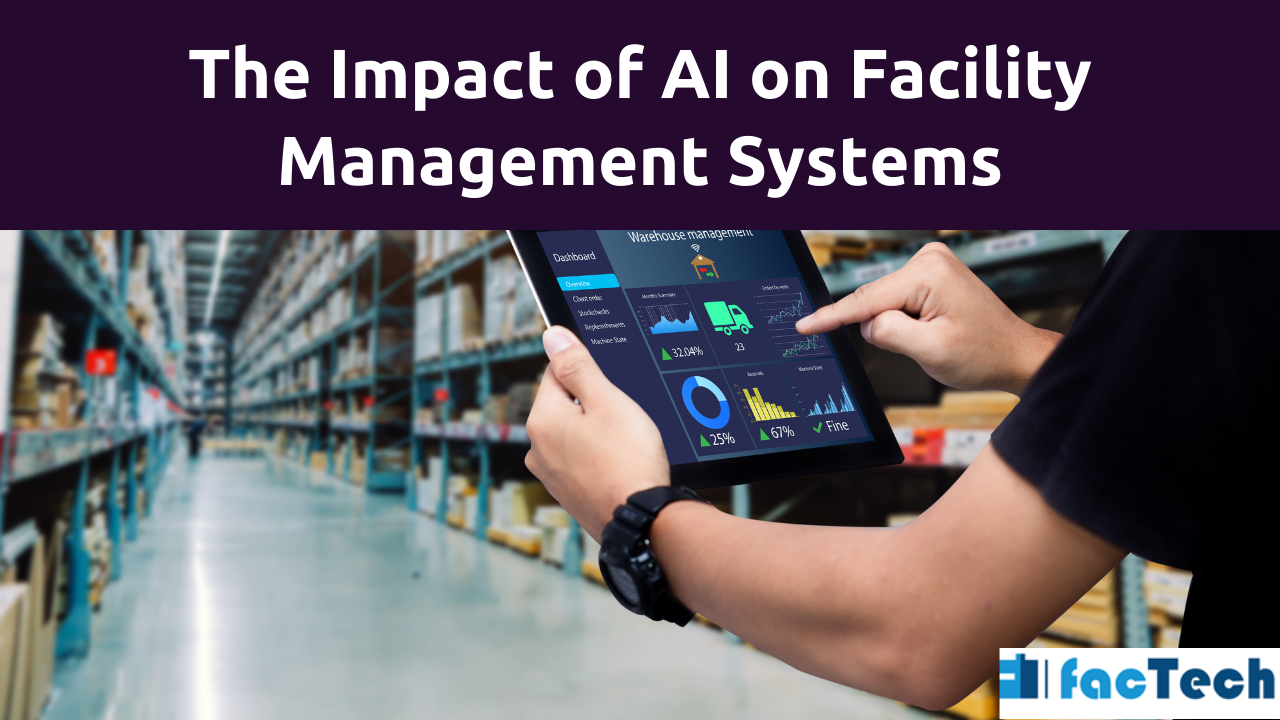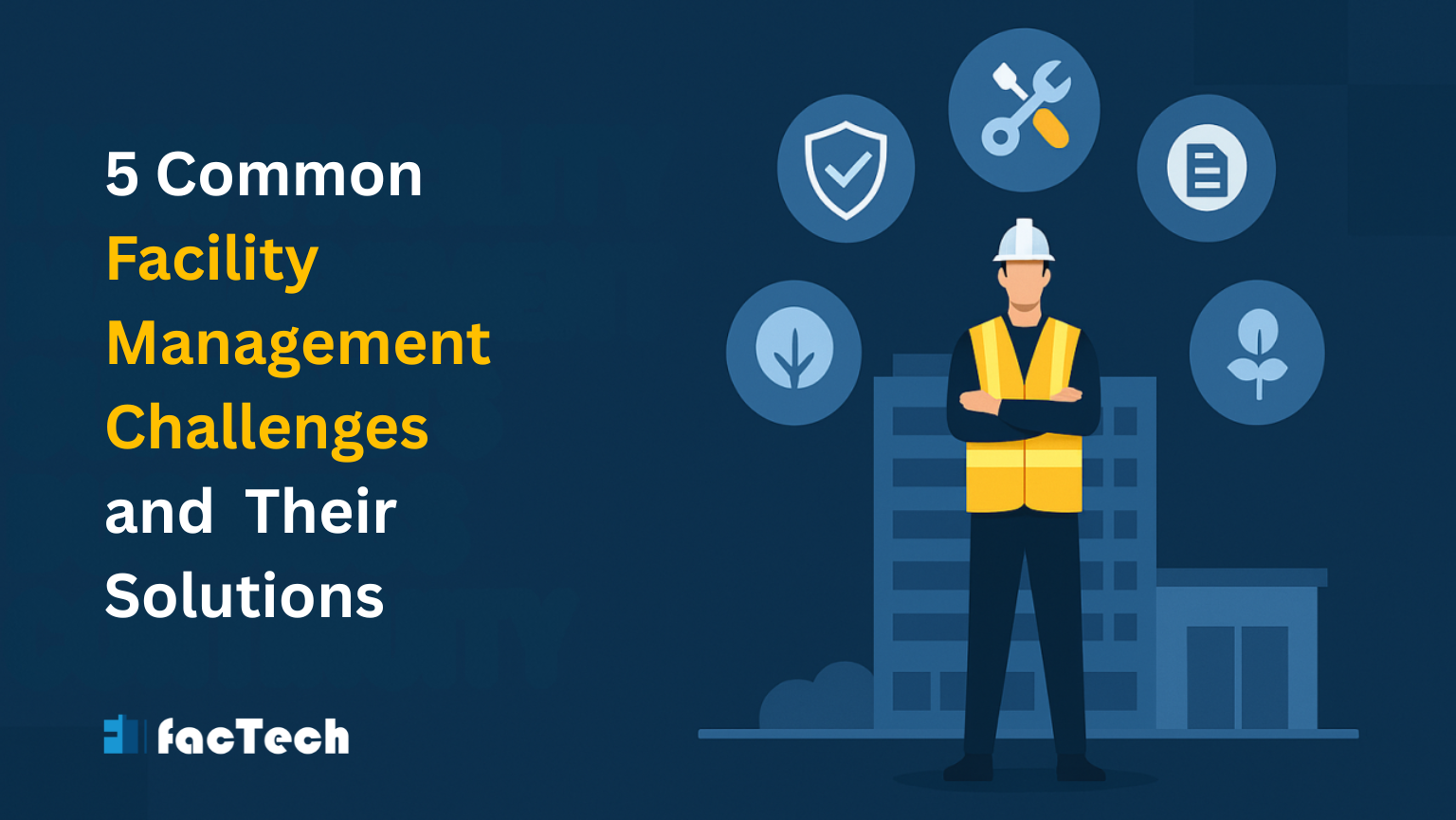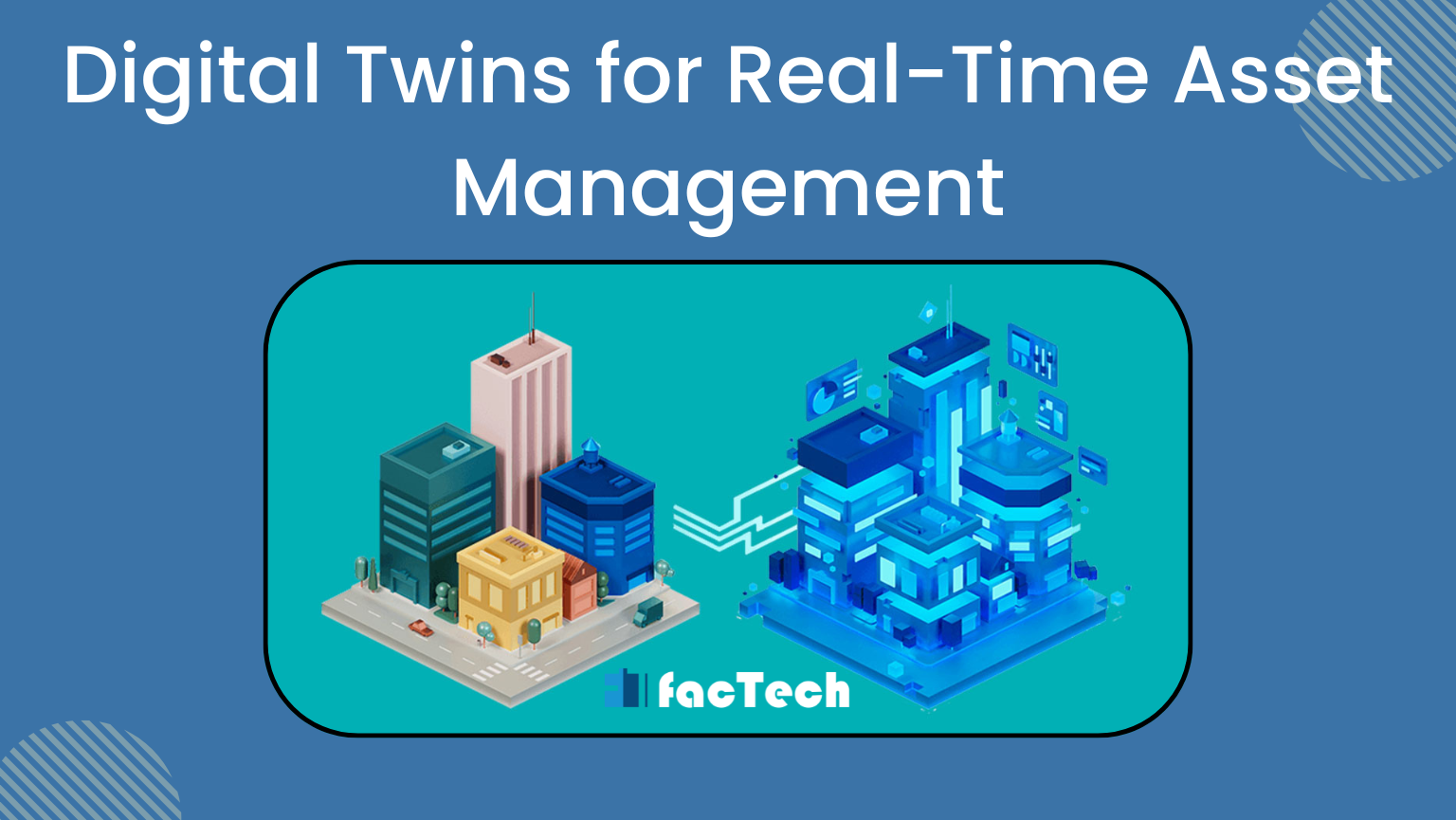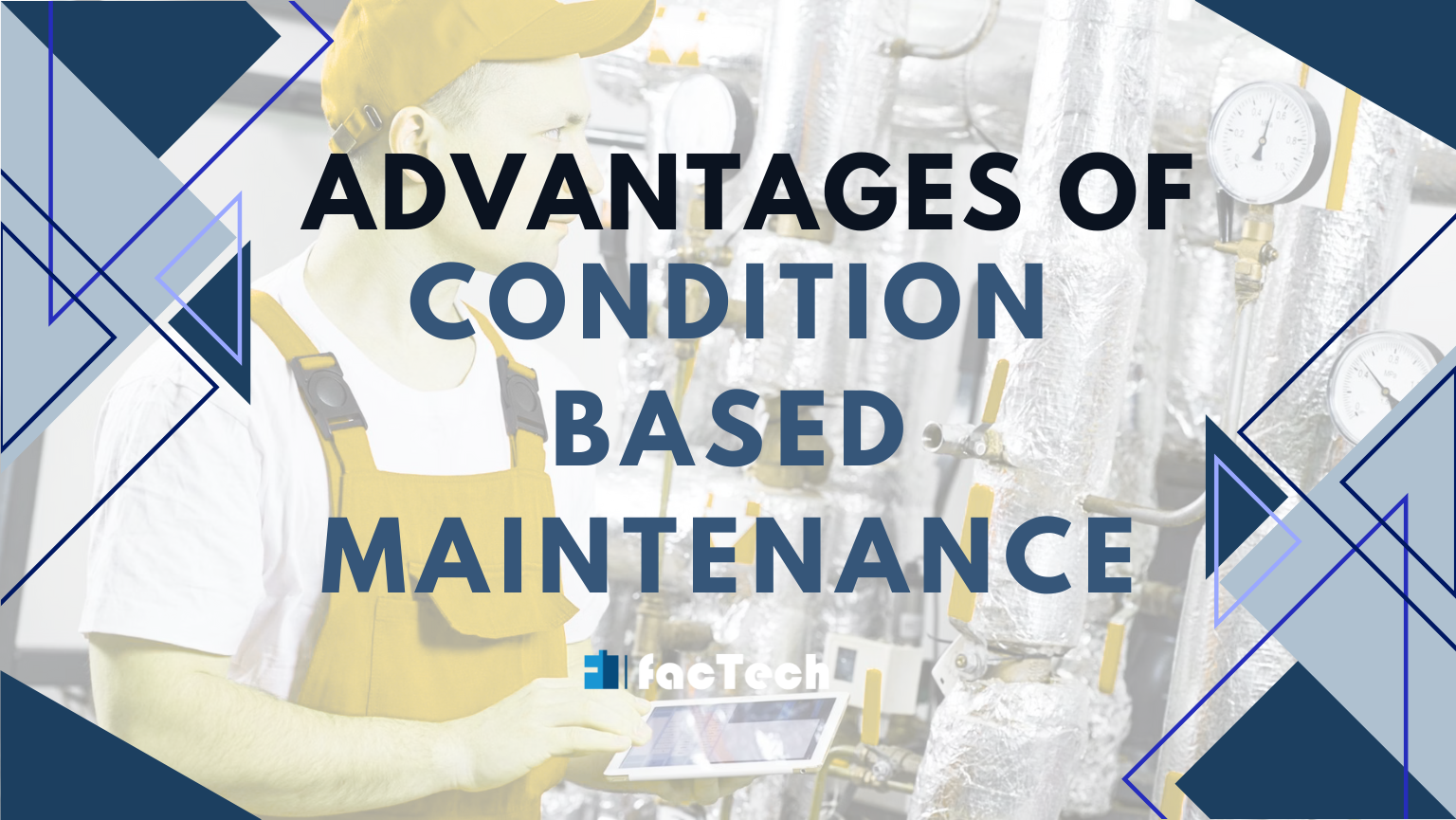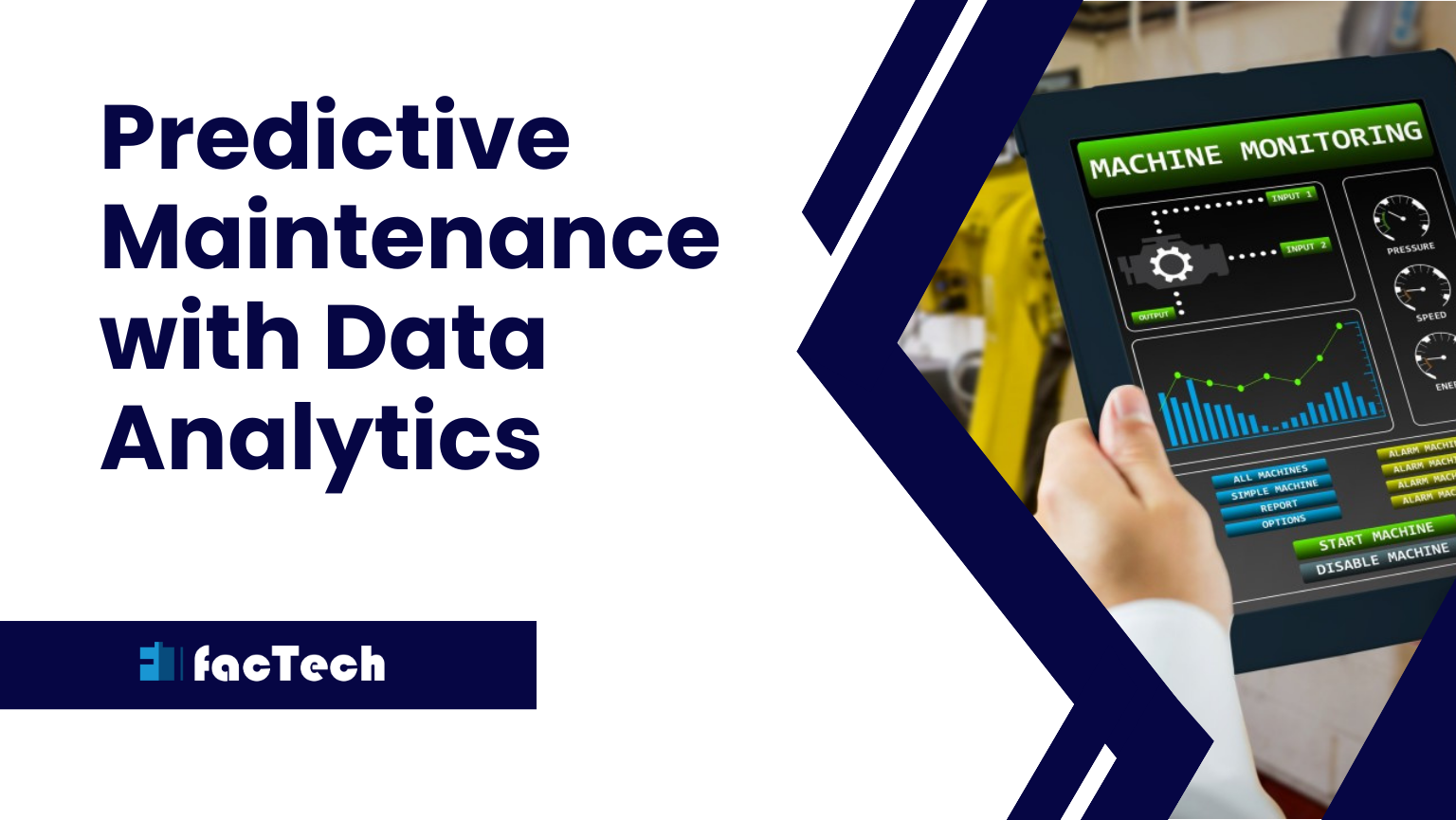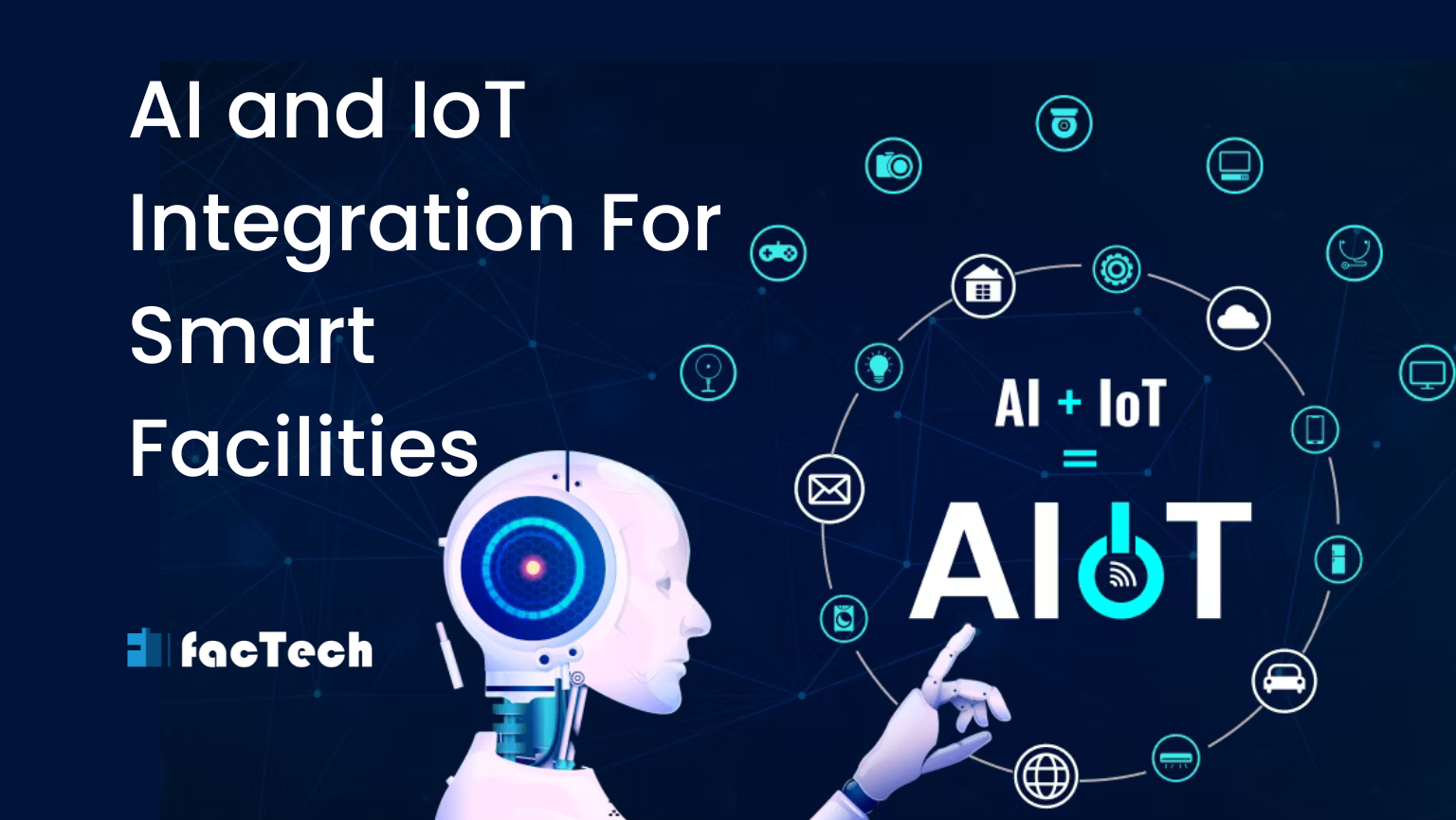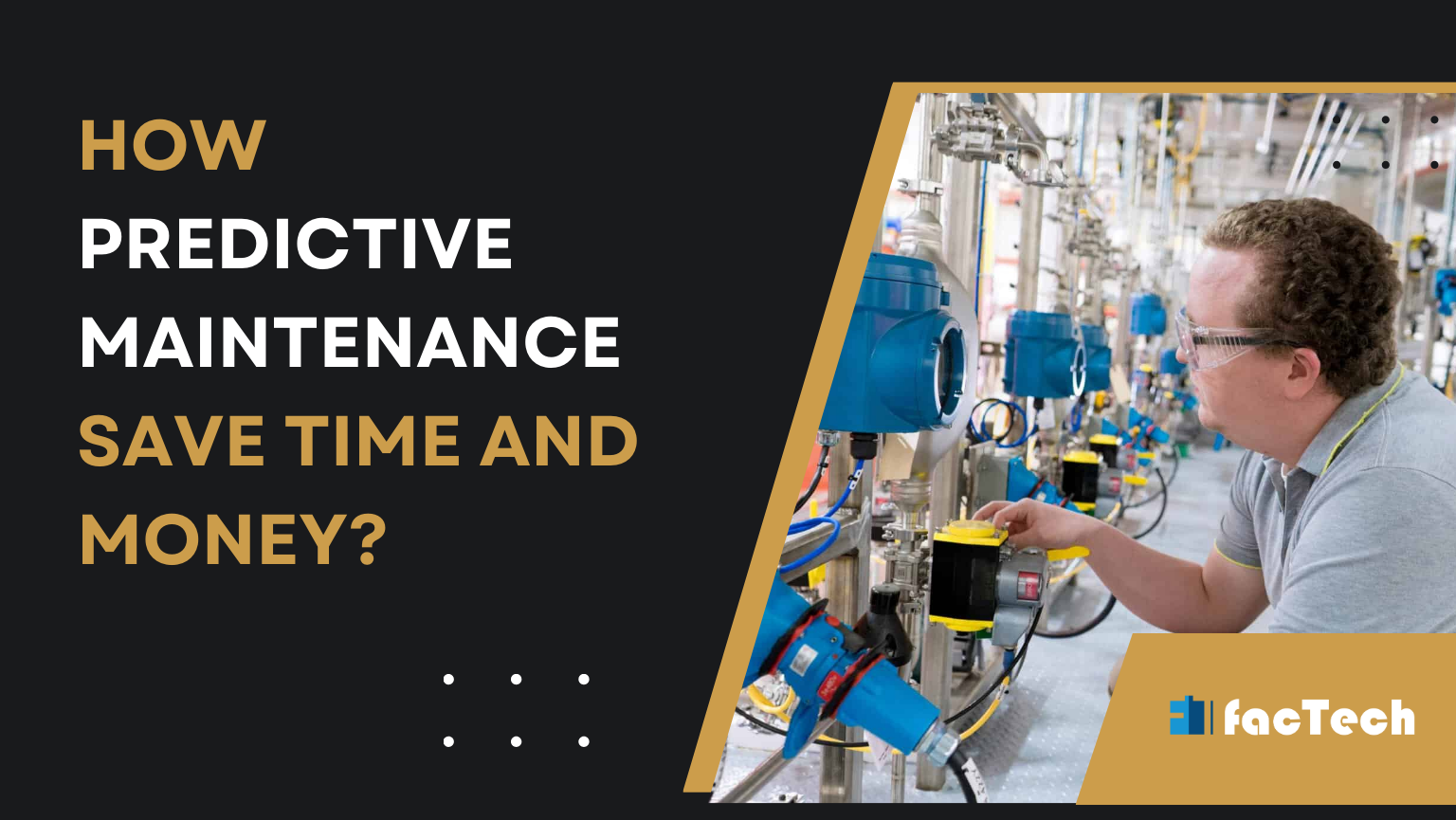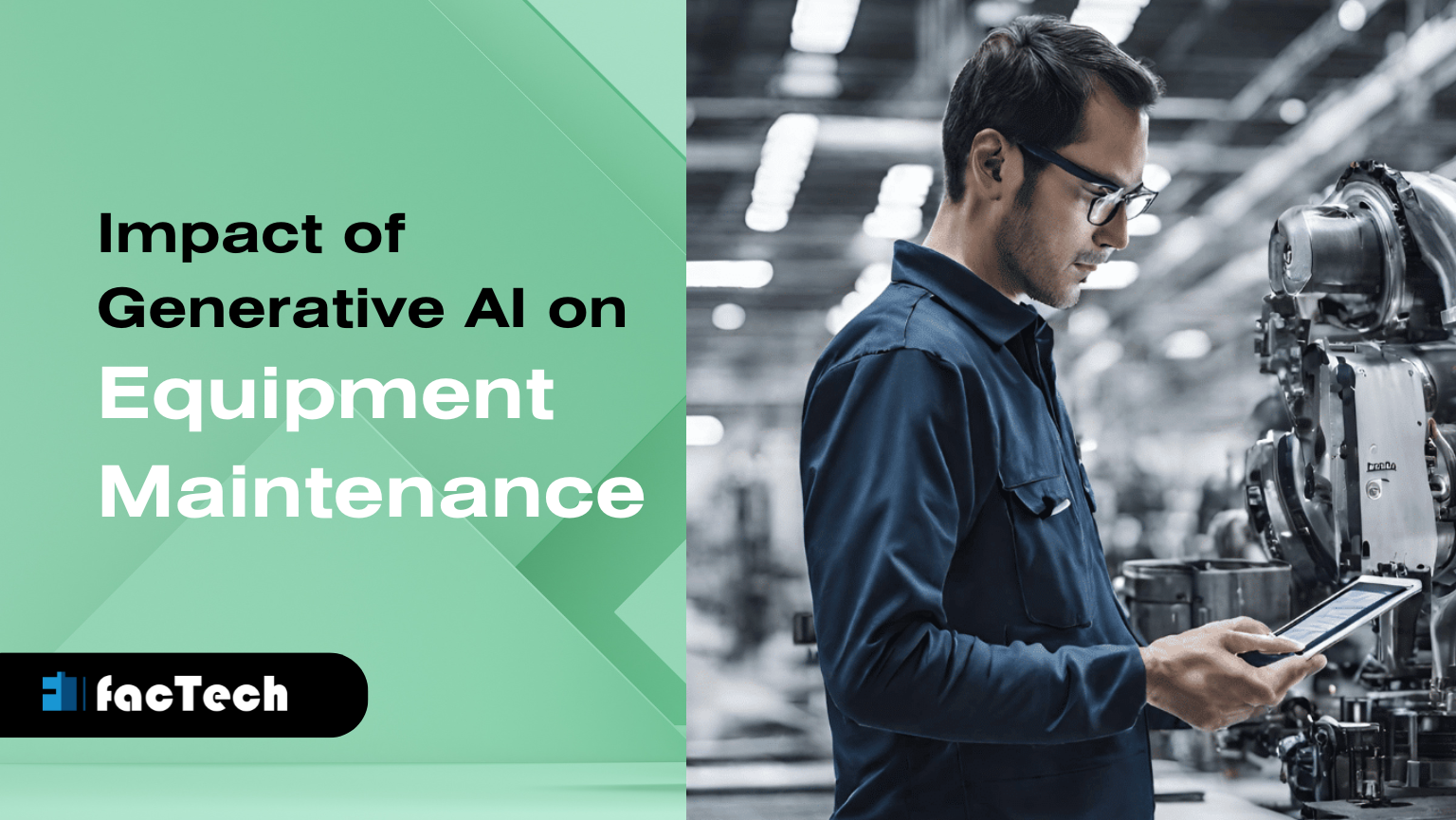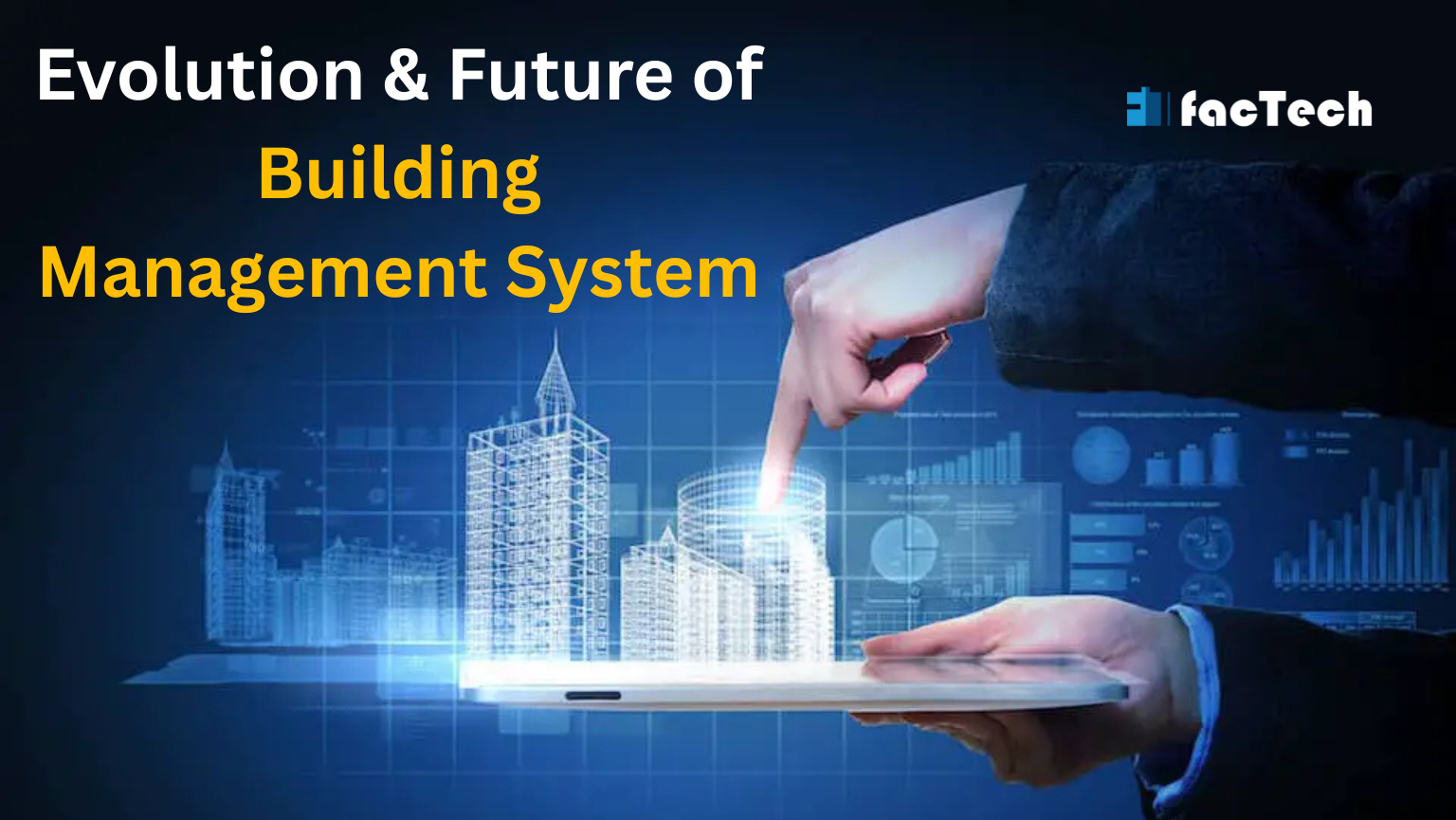How AI is improving Facility Management
How AI is improving Facility Management
Artificial intelligence (AI) in facility management is changing the field of property management in a big way. The optimization and management of buildings is changing significantly using AI. This is making them much more efficient, saving money, and making the lives of the people who live there better.
In the past, facility management was reactive, meaning that issues were fixed as they came up. On the other hand, AI is bringing about a new era of smart management. How to do it:
Also known as “predictive maintenance,” AI programs can look at data from sensors and records of past maintenance to figure out when equipment will break down and stop working before it does. This lets building managers plan maintenance ahead of time, which cuts down on downtime and makes equipment last longer. Studies show that predictive maintenance driven by AI can cut down on breakdowns by up to 70%.
Decisions Based on Data using AI in facility management: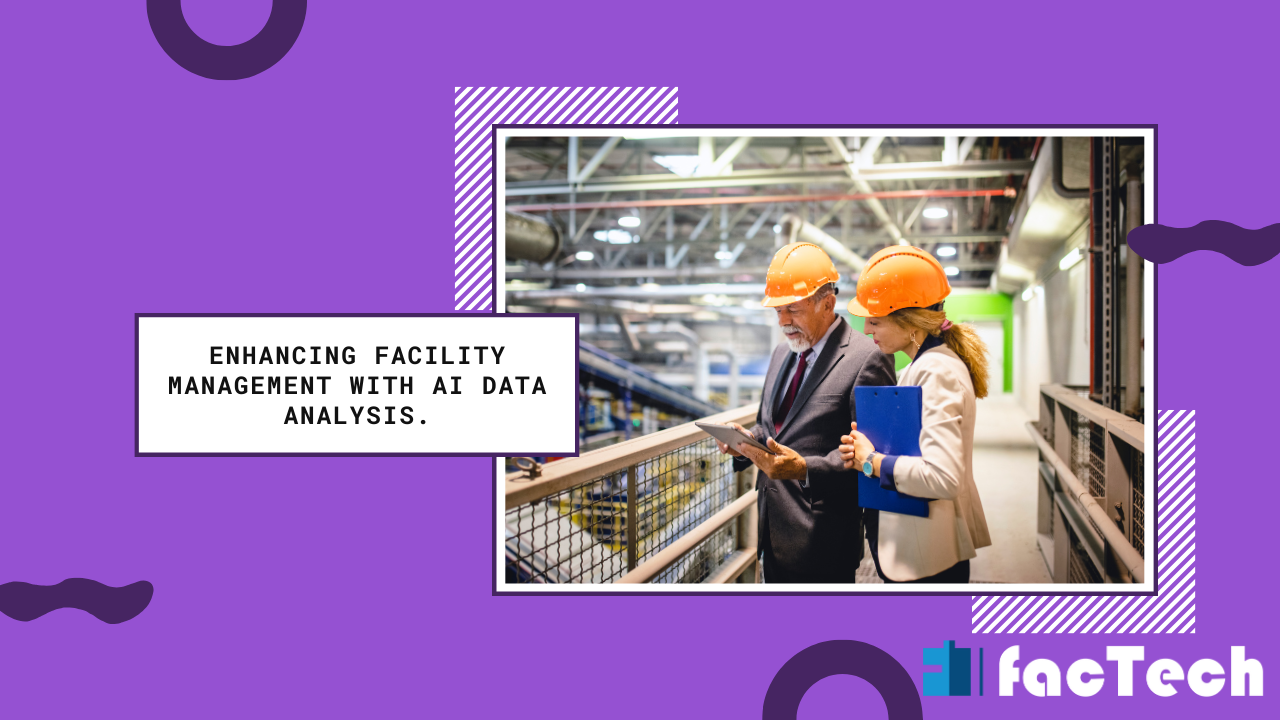
AI is very good at handling huge amounts of data from energy meters, building systems, and motion sensors. AI can be used to find patterns, make the best use of resources, and make decisions based on facts about everything. It can set the HVAC to how to use room.
Here’s how AI is changing building management by making decisions based on data:
1. Predictive maintenance:
Imagine being able to tell when a piece of equipment is going to break down before it does. AI and Internet of Things (IoT) sensors work together to look at huge amounts of data about how well equipment is working, how things have changed over time, and the conditions of the surroundings. This lets AI find trends that point to possible problems and start preventative maintenance. This proactive method cuts down on downtime, makes equipment last longer, and lowers the overall cost of maintenance.
2. Optimized Resource Allocation: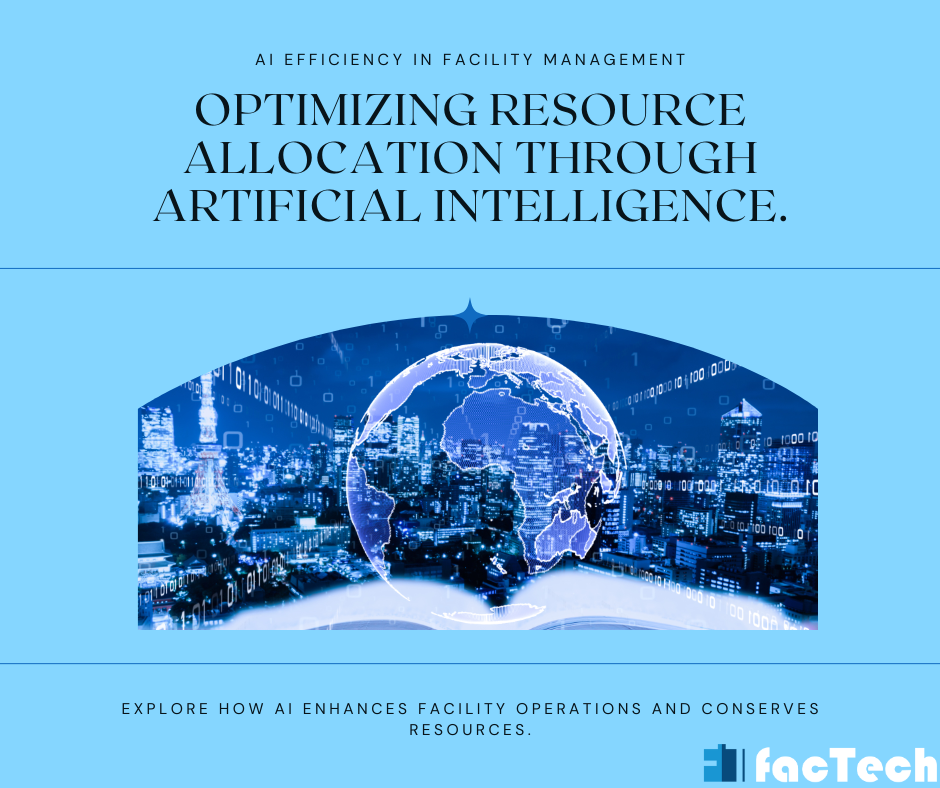
Facility managers have to deal with a lot of room and limited resources all the time. AI can look at data about things like how often a place is occupied, how much energy it uses, and service requests. This gives them the power to make good use of their resources, making sure that staff and materials are always available where they are needed. For instance, AI can look at data on foot movement to find areas that aren’t being used and then plan cleaning jobs to fit those areas.
3. Data-driven space management:
As hybrid work models become more popular, the way that building space is used changes more quickly than ever. AI can look at occupancy data to figure out what people are doing in a place right now. This lets facility managers make the best use of room, find places to improve, and make the workplace more efficient and adaptable.
4. Better experience for occupants:
Facility management isn’t just about keeping a building in good shape anymore; it’s also about making sure that people who work there are relaxed and able to do their best. Chatbots that are driven by AI can respond to residents’ questions and concerns in real time, which improves communication and happiness. AI can also look at data about things like lighting and temperature to change the building’s settings automatically and make the best place to work for everyone.
Automated Tasks: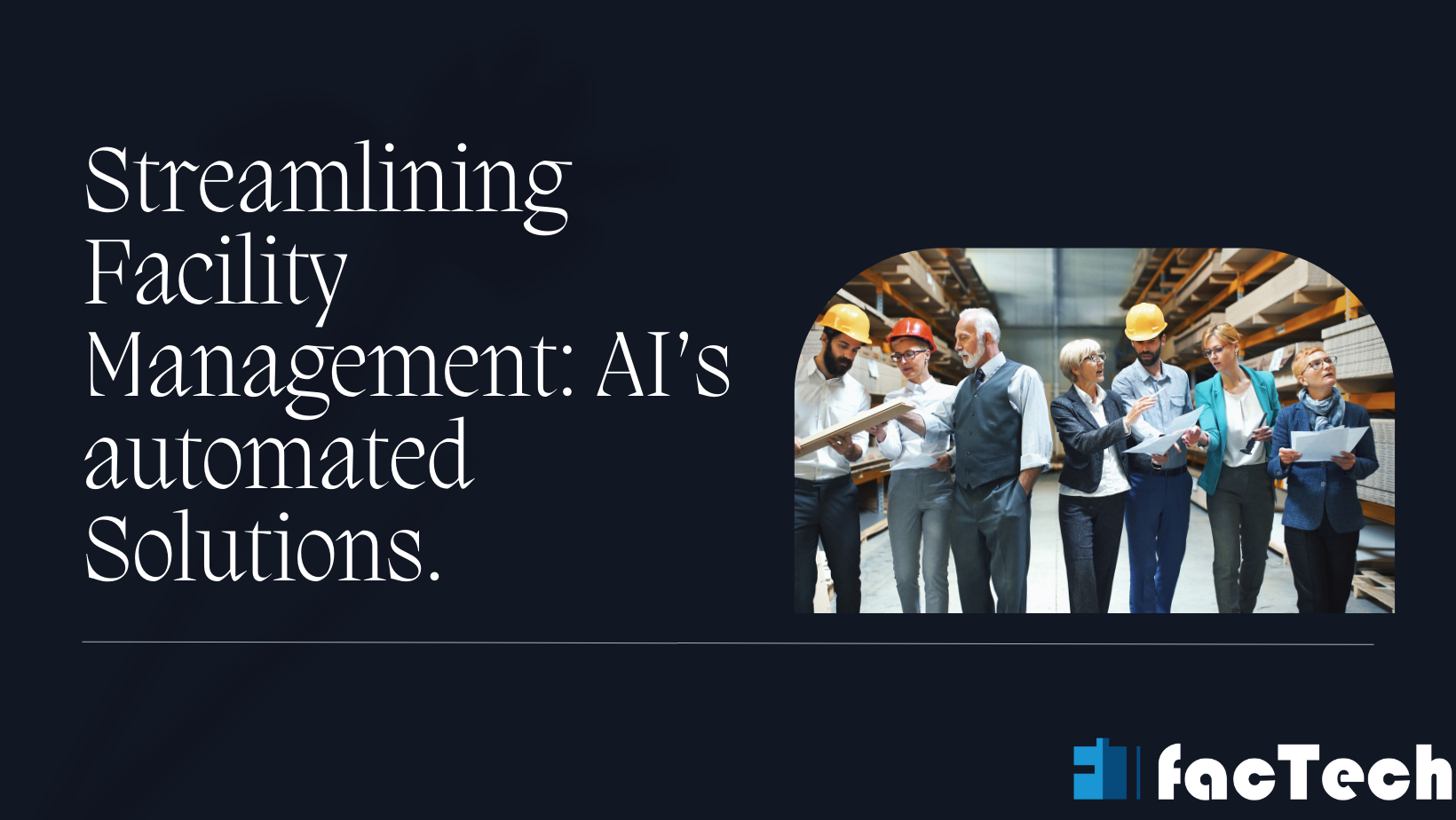
AI can do things that need to be done over and over again, like setting regular maintenance, making reports, and handling basic service requests from tenants. This gives facility managers more time to work on important projects and give better service.
Facility managers have a lot of tasks to do all the time. Many of them are routine and take a lot of time. AI takes over by handling these boring tasks, which frees up valuable people to work on more important projects.
Imagine a system that can automatically send out work orders when sensors discover broken equipment, plan preventative maintenance based on what is expected to be needed, or keep track of inventory by guessing how much will be used. AI can do all of this and more, making sure that the facility runs smoothly with few problems.
The Future
This is a big step forward that AI is now being used in building management. As AI technology keeps getting better, we can expect systems that are even smarter and more automatic. Imagine buildings that change their temperature and lighting based on how many people are in them, or machines that can figure out what they need fixing and tell workers right away.
Better Experience for Occupants using AI in facility management: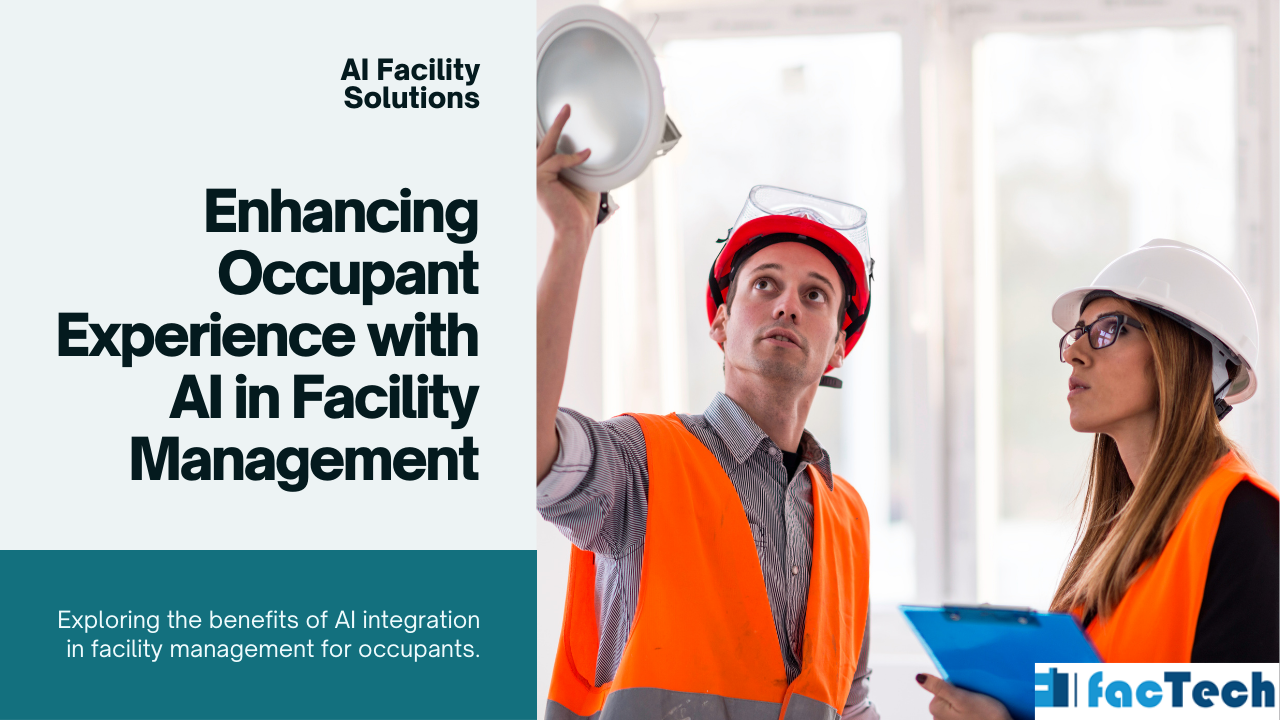
AI-powered chatbots can help residents 24 hours a day, seven days a week. AI can also be used to customize the settings inside buildings. It can also be customized based on what the people who live there want, which makes them more comfortable and happy.
Because of artificial intelligence (AI), the way we work and live in our buildings is changing quickly. Maintenance and planning aren’t the only things that facility managers have to worry about anymore. They also have to make sure that the people who work there are comfortable, productive, and healthy. It looks like AI will be a big help in reaching this goal.
Better resource management and navigation
It can be annoying to waste time looking for a meeting room or that hard-to-find office supply. AI-powered navigation systems can make it easy for people to get around in large buildings by giving them real-time directions and even ideas based on what they need.
A Voice for All Needs
AI robots that can have conversations are becoming common in a lot of places. People who live in the building can ask these virtual assistants questions about amenities, rules, and even repair problems. People who live in the building can now easily and quickly get the information or help they need, which frees up site staff.
Better safety and security: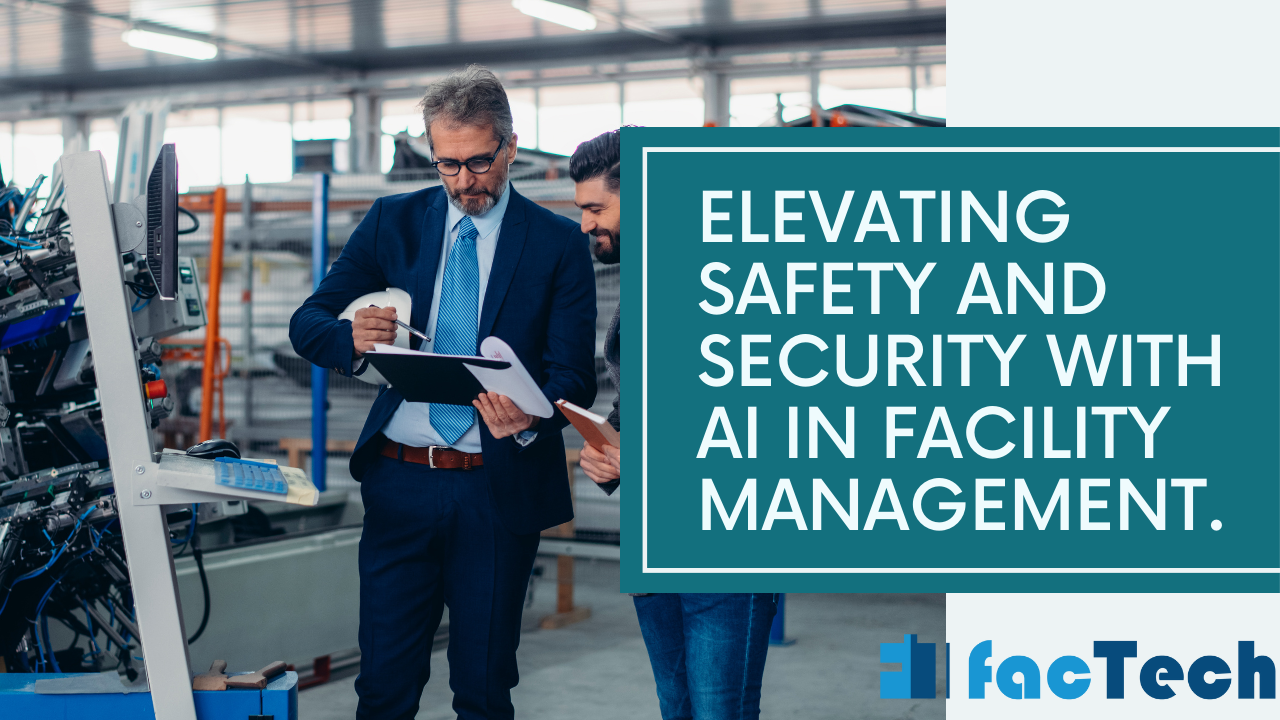
AI drives video analytics is used to keep an eye on building security and spot possible threats. It can also look at trends in how a building is used to make emergency plans work better.
AI has a lot of great potential for the future of property management. We can expect AI-powered systems that change the settings of a building. AI could also help make the best use of space by suggesting changes to the plan that will make work easier and teamwork better.
The field of building management is changing quickly, and artificial intelligence (AI) is at the front of this change. AI is quickly changing how buildings work, which has a big effect on safety and security. Let’s look into how AI is making houses smarter and safer for the people who live or work there.
The Power of Looking at Data
A lot of data is made by facilities, like sensor readings and security video. AI is very good at looking at this data and finding trends and oddities that people might miss. This lets people in charge of facilities:
Predict when equipment will break down: AI can look at monitor data from important pieces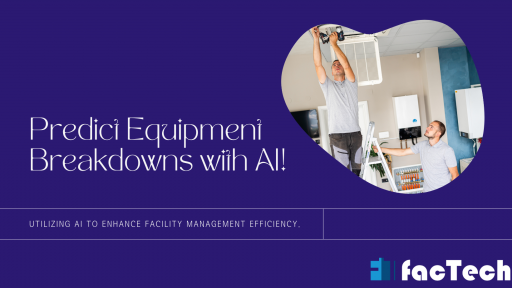 of equipment to see when they might break down before they do. This proactive method stops expensive downtime and protects against safety risks that come up when equipment breaks down.
of equipment to see when they might break down before they do. This proactive method stops expensive downtime and protects against safety risks that come up when equipment breaks down.
Improve security monitoring: AI-powered video analytics can look through hours of security footage and flag odd behavior like lingering or getting in without permission. This speeds up reaction times and stops possible security breaches.
Automating to save time and keep people safe using AI in facility management
AI is making security jobs easier, which gives facility staff more time to work on bigger, more important projects. How to do it:
Controlling access: AI-powered facial recognition systems can let approved people in while keeping others out. This gets rid of the need for real cards or keys, making things safer and easier to use.
Intrusion detection: AI can look at data from security sensors in real time to find intrusions and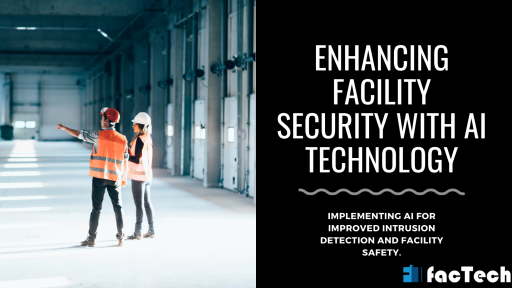 either sound a warning or send security staff to the scene.
either sound a warning or send security staff to the scene.
Response to emergencies: During emergencies like fires or medical problems, AI-powered systems can look at data to find the best ways for people to leave the building and help first responders. This could save lives and keep damage to property to a minimum.
What’s Next for Secure Facilities
As AI keeps getting better, we can expect even more improvements in the safety and security of buildings. Here are a few interesting ideas:
Predictive maintenance: AI will get even better at figuring out when equipment will break down, which will allow for preventive maintenance that lowers safety risks and downtime.
Cybersecurity protections: AI can be very helpful in protecting buildings from hacking by finding and fixing possible holes in building management systems.
Customized security protocols: AI could tailor security measures to each person’s wants and risk levels, making the whole building safer.
Conclusion
AI is changing building management by making places safer for people who live or work there. With AI, property managers can be more proactive. They can as well be ready for anything by using the power of data analysis and automation. As AI gets better, we can expect great progress in keeping the buildings of the future safe.
Finally, AI isn’t just an idea from the future. Management of facilities is changing by the use of powerful tool which is AI. By using AI, facility managers can make their places more efficient, cost-effective, and focused on the people who live or work there.
